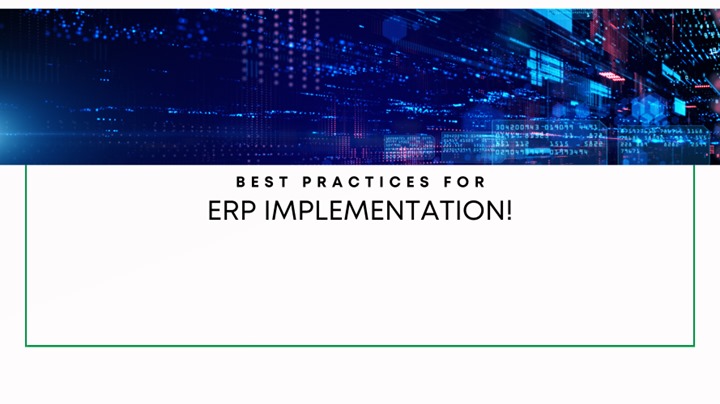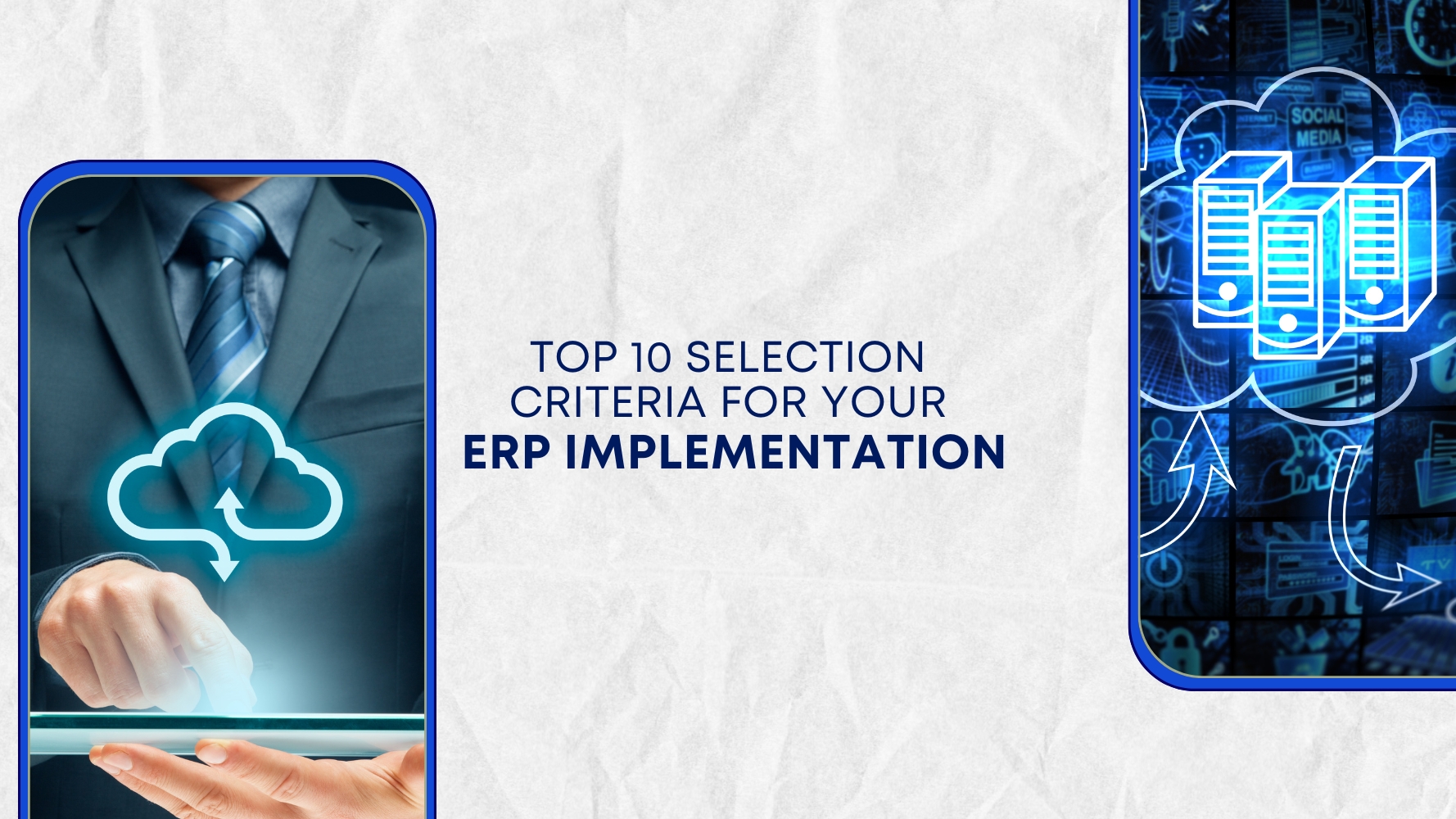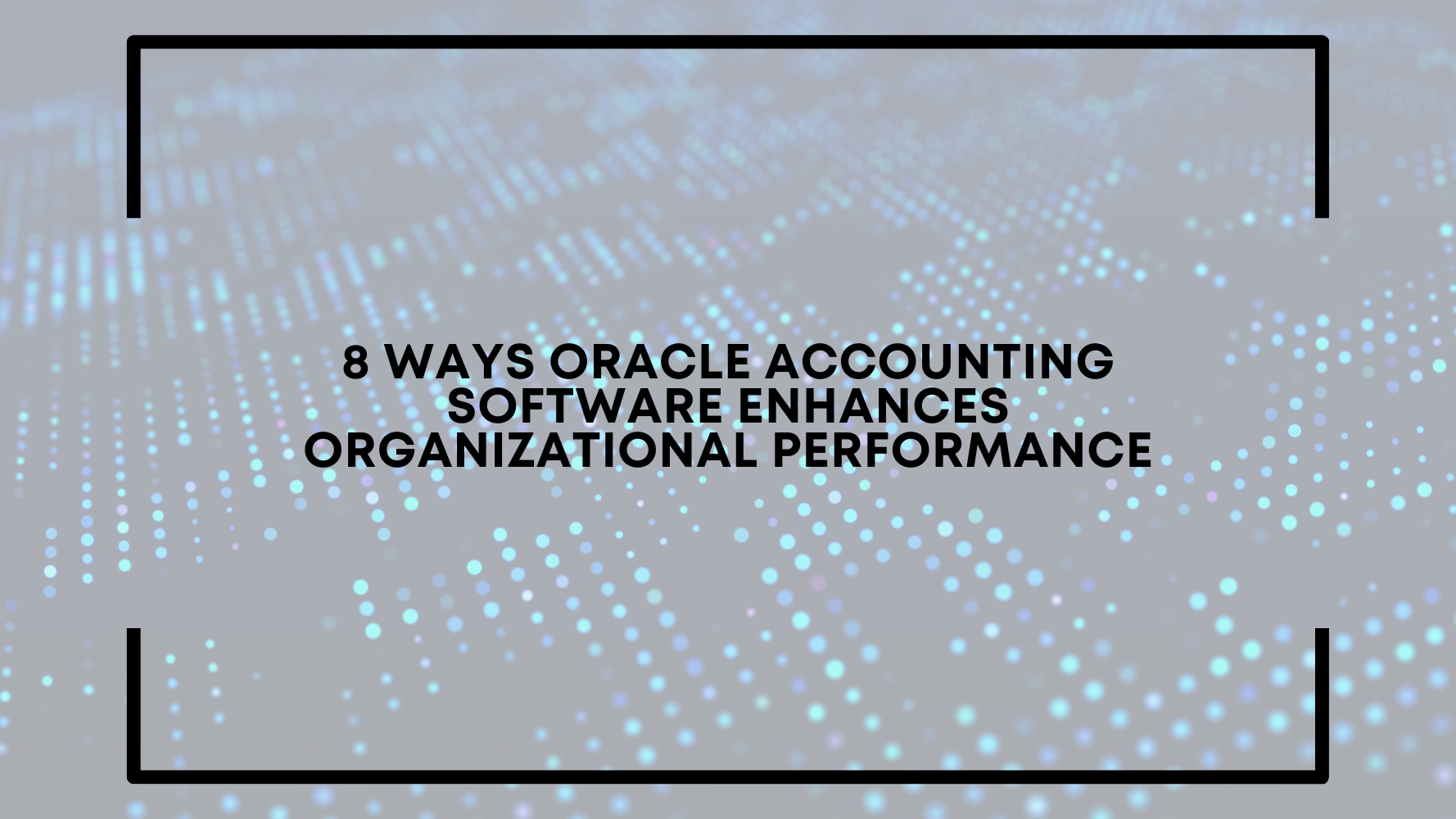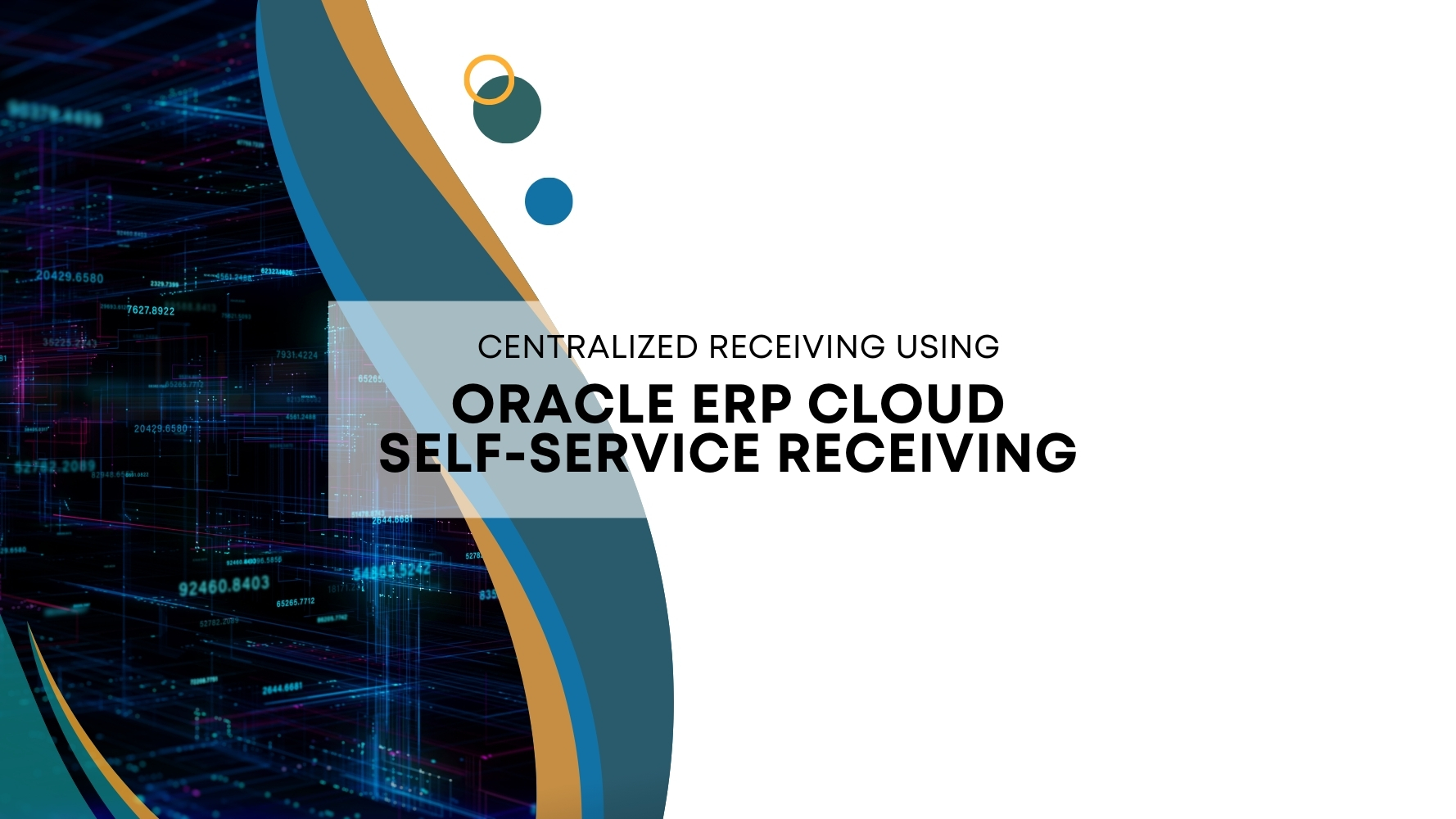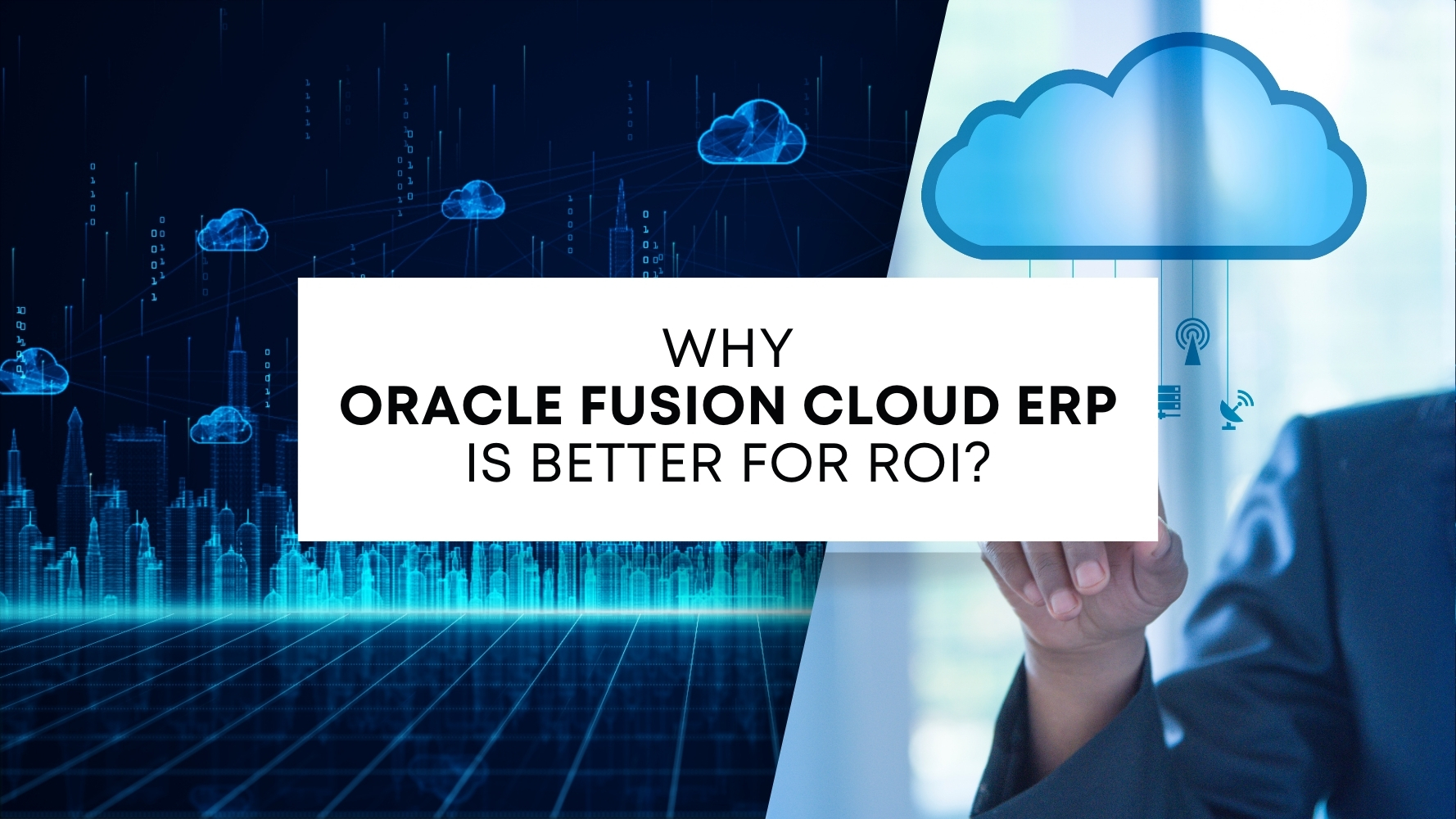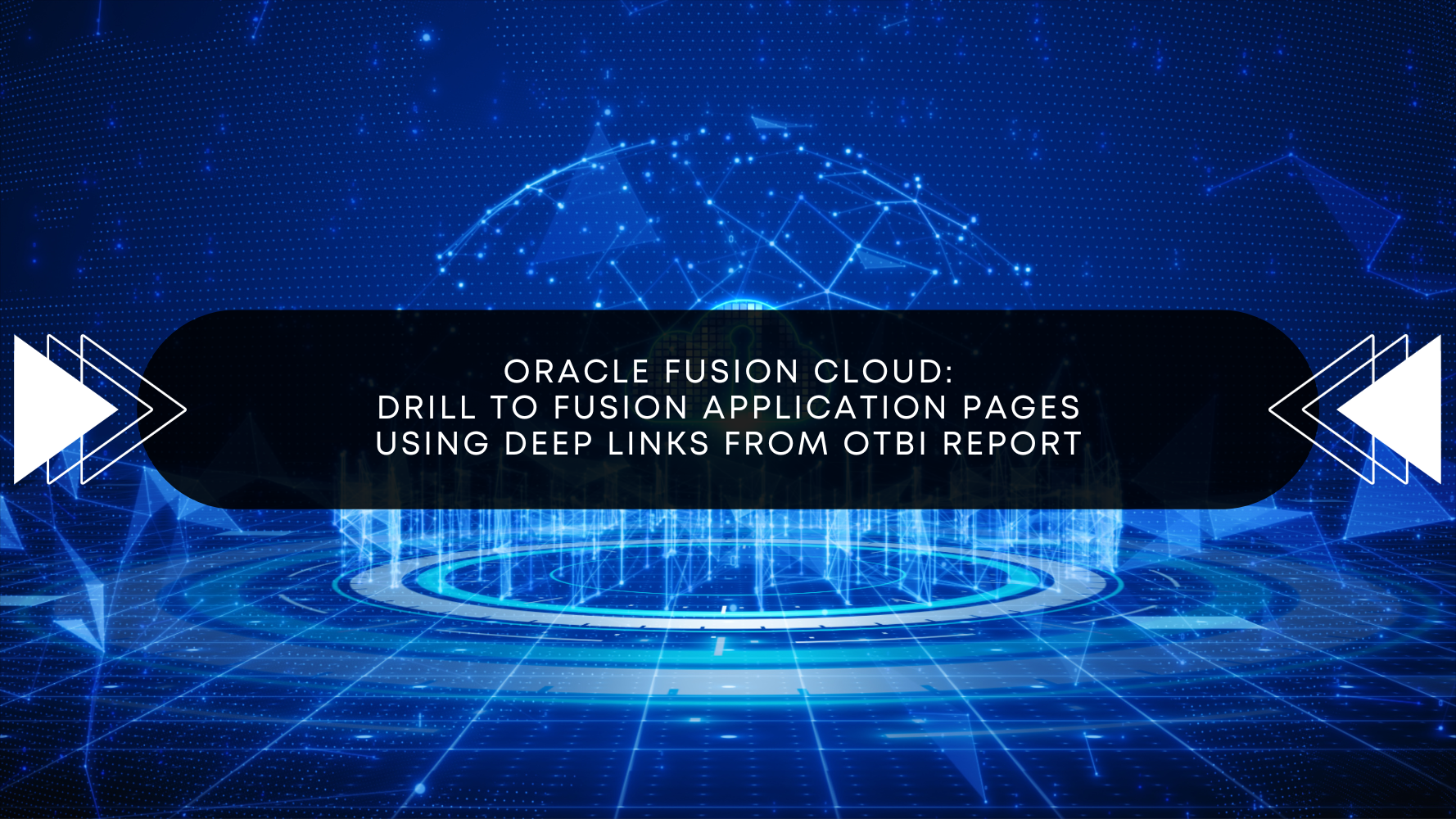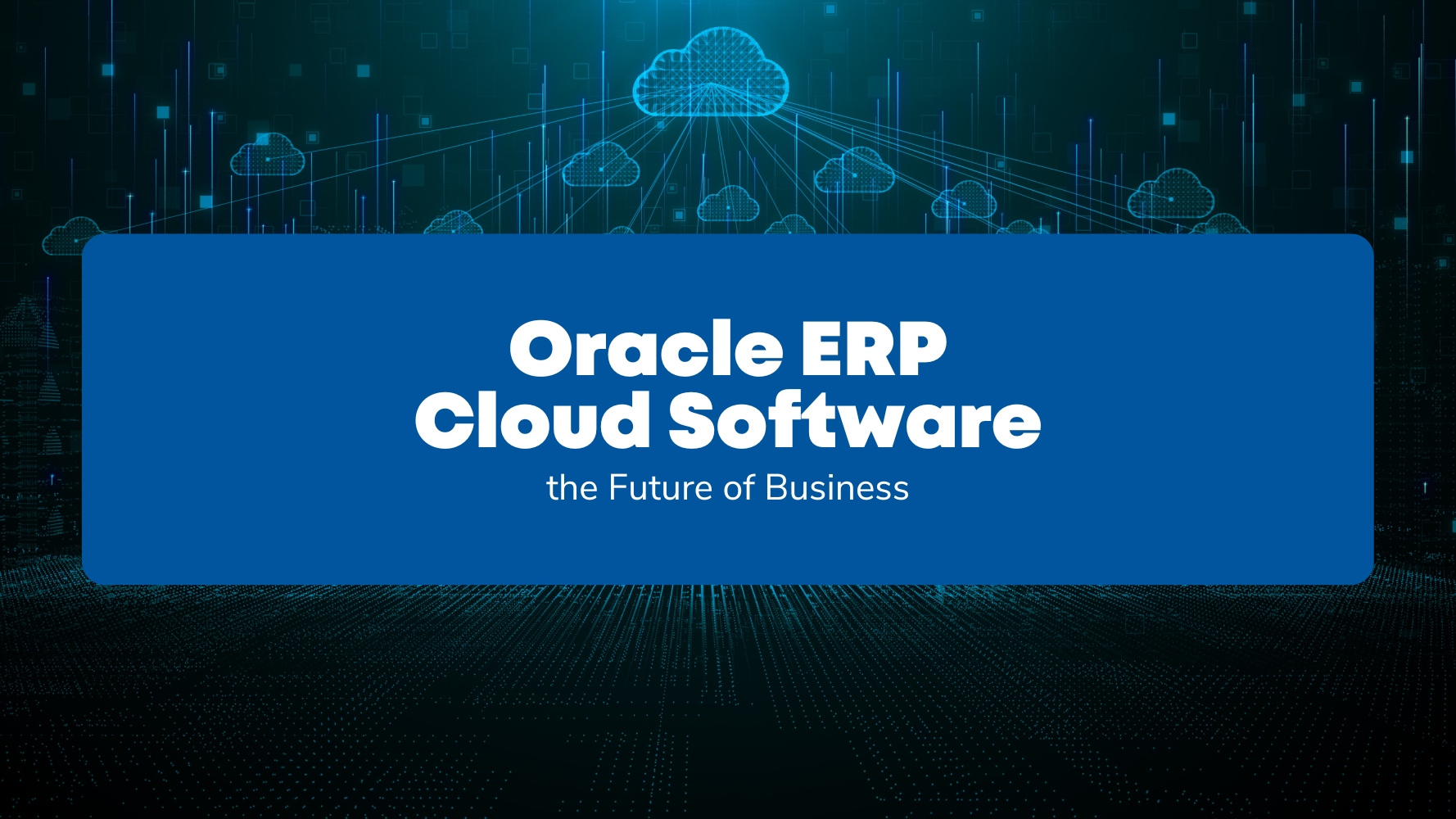An ERP (Enterprise Resource Planning) system like Oracle Cloud ERP integrates core business functions like finance, customer service, inventory management, and order management. Its centralized database, shared across departments, enhances productivity and minimizes errors.
Oracle Cloud ERP implementation marks a significant shift for any organization. Post-installation, processes change, necessitating training programs for a smooth transition. Here are best practices for a streamlined implementation:
- Define Your Business Needs: Understand precisely what you hope to achieve with Oracle Cloud ERP. Collaborate with each department to compile goals, challenges, and desired outcomes. This clarity helps you choose the most suitable programs and sets realistic expectations. Now is the time to envision the future of your company’s operations.
- Select an Implementation Partner: Your choice of implementation partner significantly influences the process. Select a partner early in the process, like Tangenz, with a deep understanding of your business model, industry-relevant expertise, and a proven track record.
- Outline Implementation Tasks: Convey your requirements clearly to each department, explaining their roles in the process. Your IT team needs to understand system maintenance, the finance department needs to master the financials module, and the project team requires comprehensive knowledge to configure processes.
- Create a Realistic Timeline: Implementing ERP modules takes time – patience is key. Break down the process into phases with estimated completion dates for each. This prevents overload and highlights where additional support may be needed.
- Prioritize Strategically: Start by installing the modules most critical to your organization. Every business has unique needs; prioritize accordingly and allocate sufficient time for this initial setup.
- Mitigate Risks: Mitigate potential pitfalls by carefully selecting the right implementation partner, software applications, and project team. Upgrade your technology infrastructure by eliminating outdated systems that could hinder Oracle ERP’s performance. Provide ample resources and avoid rushing the process.
- Testing and Training: Rigorously test the software system post-installation, making necessary adjustments. Arrange training and support sessions for your employees, providing hands-on experience. User guides and video tutorials further enhance learning.
- Maintain Open Communication: Keep all teams, stakeholders, and end-users informed throughout the process. The success of your ERP system hinges on its daily users, which makes their acceptance and involvement crucial. Regularly share progress updates, both positive and negative, to minimize surprises and confusion.
- Manage Your Budget: Accurately calculate the total cost of ownership (TCO)—factor in not only software costs but also external resources like consultants or temporary staff. Predetermine customization needs to avoid unexpected expenses that could inflate your budget.
- Focus on the Future: Remember, Oracle Cloud ERP is flexible and scalable. Consider your long-term vision when selecting software. This investment will streamline operations, increase efficiency, and pay dividends over time.
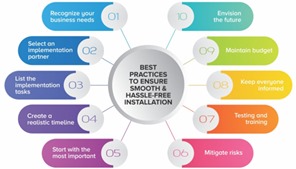
Summary
Implementing Oracle Cloud ERP is a major step that brings transformative changes to your business. Following best practices and choosing the right implementation partner streamlines this process. Remember, the success of your ERP system depends on the people using it, so getting their input and providing support is essential for early and long-term adoption. Integrate your Oracle ERP Cloud with Oracle Cloud EPM and Oracle Cloud HCM for even greater benefits.
If you need consultation or implementation assistance, contact Tangenz, an IT & Business System Integrator and preferred Oracle Partner
